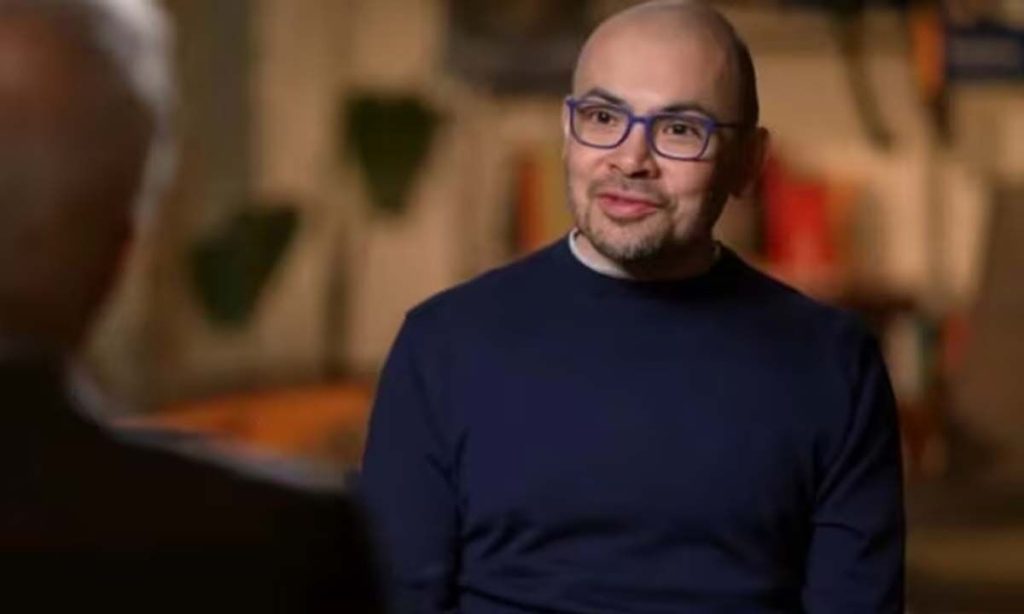As artificial intelligence rapidly transforms industries across the globe, Google DeepMind CEO Demis Hassabis is urging the next generation to adapt—before it’s too late.
Speaking during the Google I/O 2025 developer conference and later on the tech podcast Hard Fork, Hassabis shared a pressing message for today’s teenagers: understanding AI is no longer optional. According to Hassabis, we are just years away from artificial intelligence fundamentally reshaping the job market. He predicts that many roles will be disrupted within five to ten years.
“Just as the internet shaped millennials and smartphones defined Gen Z, generative AI is the hallmark of Gen Alpha,” he said. “Over the next 5 to 10 years, I think we’re going to find what normally happens with big new technology shifts, which is that some jobs get disrupted. But new, more valuable, usually more interesting jobs get created.”
Hassabis, who leads DeepMind—the advanced AI research lab behind Google’s Gemini chatbot and efforts to develop artificial general intelligence (AGI)—warned that AGI may be less than a decade away. Unlike current AI tools, AGI would possess the ability to reason like a human. Given that outlook, he believes the time to act is now.
“Whatever happens with these AI tools, you’ll be better off understanding how they work, and how they function, and what you can do with them,” he said. Encouraging students to adopt a proactive attitude, he added, “Immerse yourself now. Learning to learn is key.”
Hassabis’s call to action aligns with trends already taking shape across education systems worldwide. However, he cautioned that being tech-savvy alone won’t be enough. He emphasized the need for a strong foundation in STEM—particularly coding—while also developing soft “meta skills” like creativity, adaptability, and resilience.
“These are the capabilities that will help the next generation thrive,” he explained. “Getting good at the basics of STEM is still crucial, but equally important is developing the mindset to navigate constant change.”
Since the release of ChatGPT in 2022, the AI landscape has evolved at lightning speed. With machines now capable of performing many hard skills, Hassabis stressed the need for cognitive flexibility—something he believes will remain uniquely human.
“It’s important to use the time you have as an undergraduate to understand yourself better and learn how to learn,” he said in an earlier address to students. “This capability is more durable and valuable than specific hard skills, which may quickly become outdated in the face of technological advancement.”
As AI reshapes industries from tech to healthcare and finance, Hassabis advised students to stay curious and proactive. Beyond classroom learning, he encouraged exploring AI tools and experimenting independently.
“Learn the basics through your formal education, but experiment in your spare time so you’re up to date when you graduate,” he recommended.
His message is unmistakably clear: the AI revolution is no longer a distant possibility—it’s already underway. For today’s teens and students, embracing AI with curiosity and agility could be the key to thriving in the workplaces of tomorrow.

